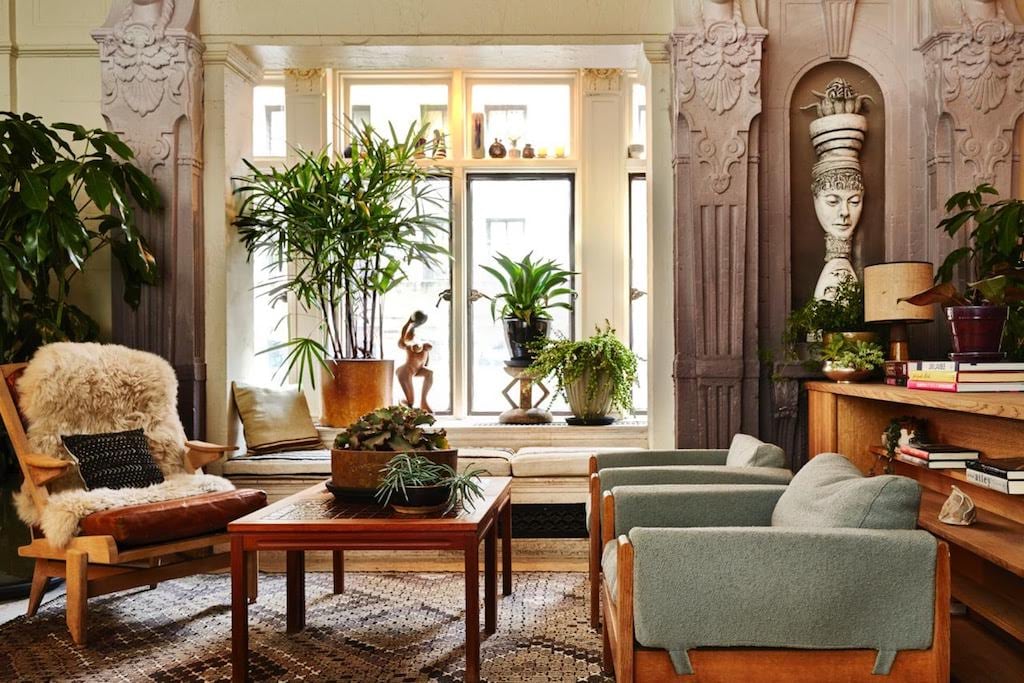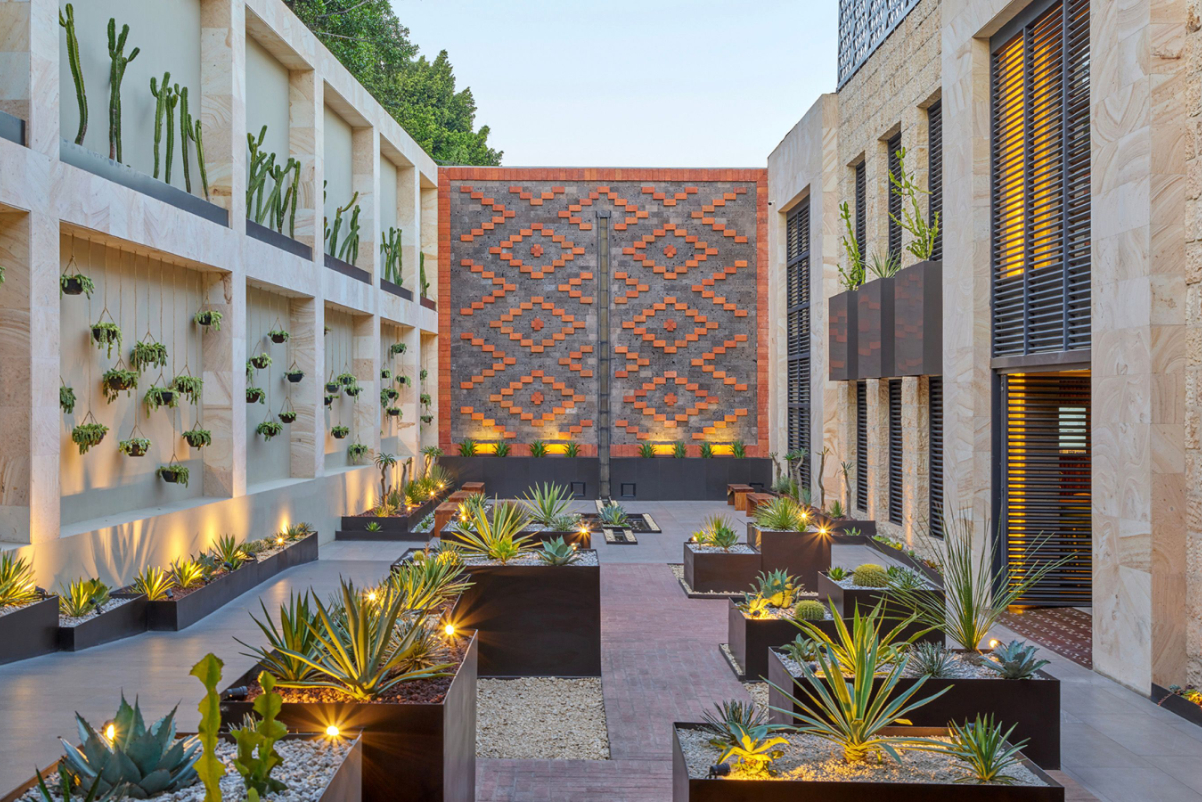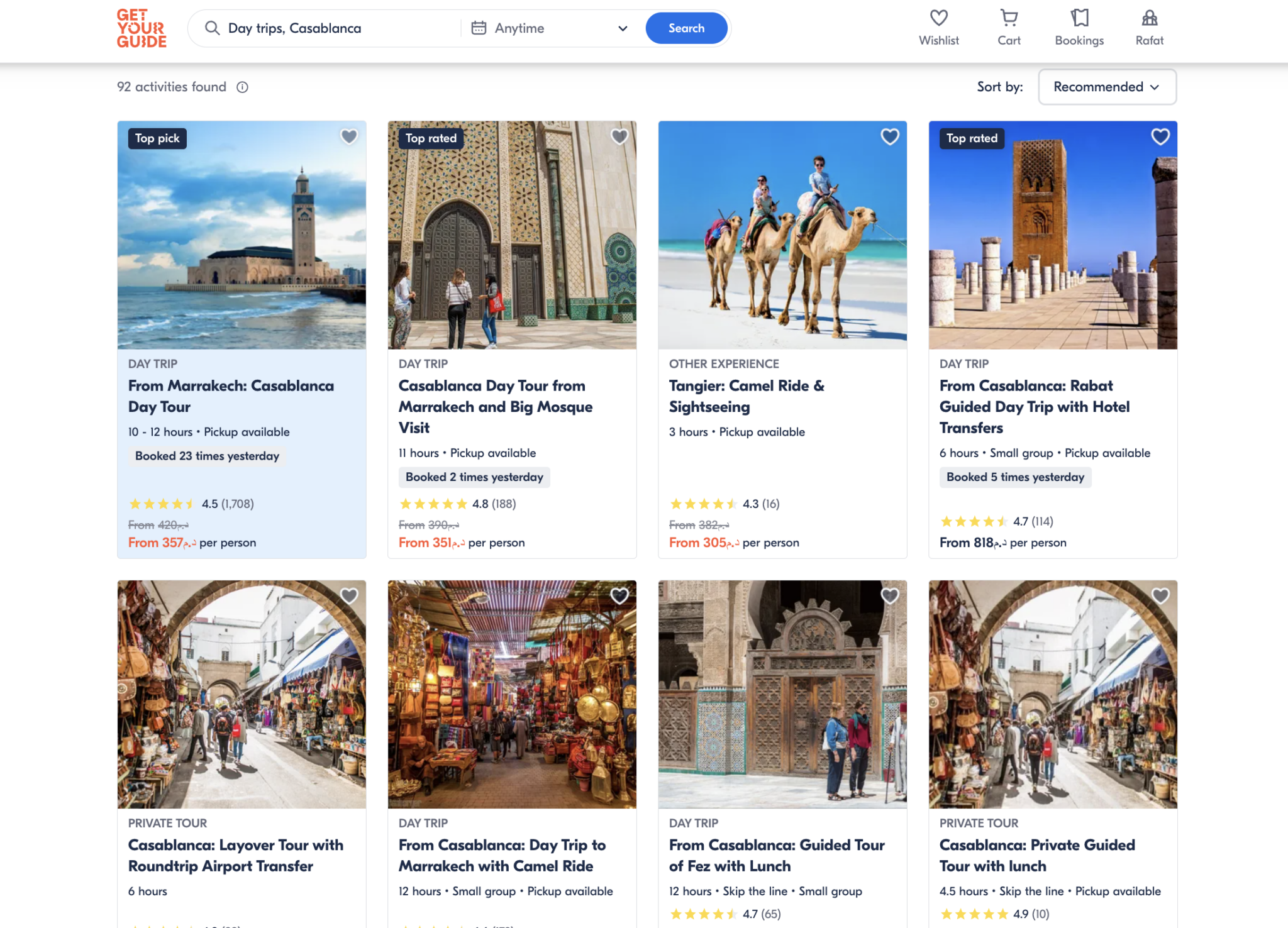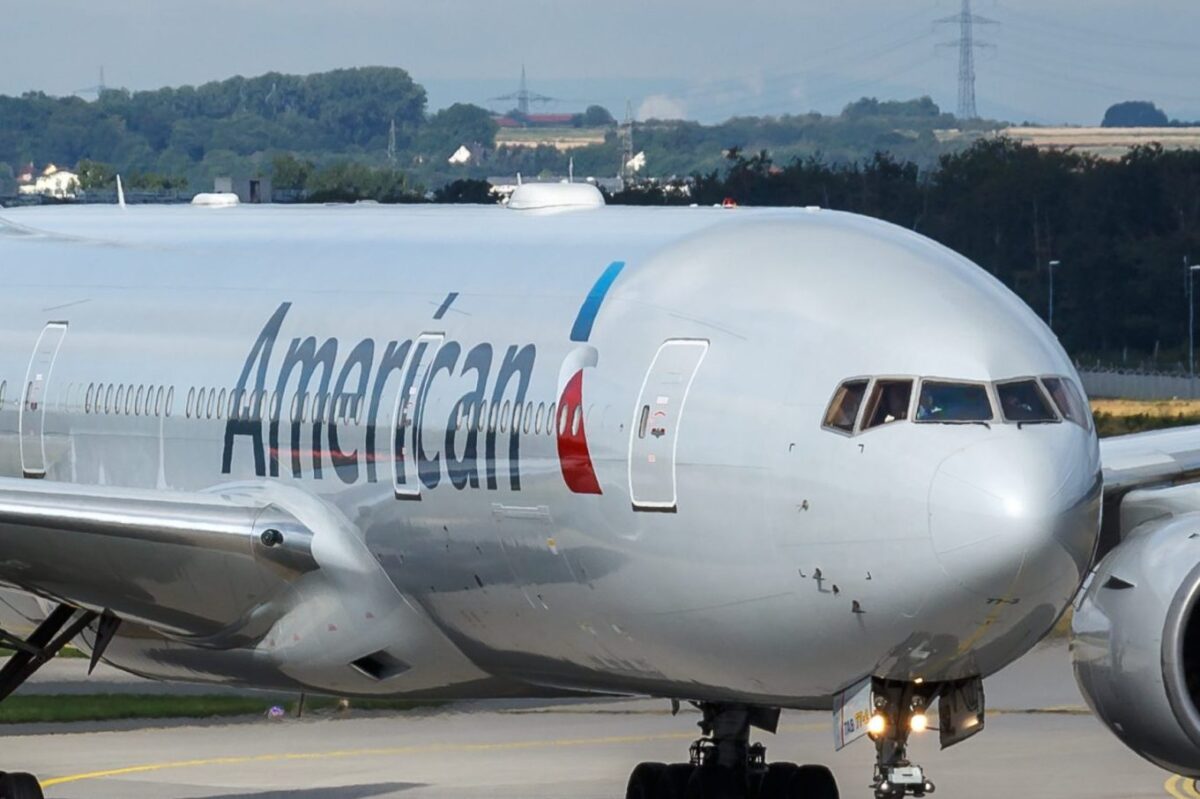Generator Hostels Backer Is Spending $400 Million to Buy Micro-Hotel Operator Freehand

Skift Take
As alternatives to mainstream hotels grow in popularity among travelers, brands offering different concepts have found success and acquisition interest from industry players. Hostels and micro-hotels are back in vogue and investors are paying attention.
Freehand Hotels, which operates four properties in New York, Chicago, Los Angeles, and Miami, will be the next company sold off as competition increases in the space.
The Wall Street Journal reports that the brand will be sold for $400 million to Queensgate Investment Co., which owns the Generator brand. Generator operates a variety of hotels and hostels across Europe and recently opened two U.S. properties in Miami and Washington, D.C.
Sydell Group owns Freehand Hotels in conjunction with American billionaire Ron Burkle’s private equity firm The Yucaipa Companies.
The acquisition is logical for Generator; it adds four trendy properties to its U.S. portfolio after recently launching its presence in the country while further moving away from its branding as a boutique hostel operator.
Generator CEO Alastair Thomann told Skift last year that the company intended to pivot away from its roots as a hostel company to a more diverse range of affordable lodging options.
“Our industry, in general, what we used to call the hostel industry, in terms of the luxury hostel, is moving more and more toward boutique hotels,” Thomann said. “And you’re finding boutique hotels adding dorm rooms; they’re moving toward the hostel model. It’s more about the social spaces and the community. At some stage, we’re going to be very close together, these two segments.”
For Sydell Group, perhaps this represents an opportunity to focus on developing bigger projects after relaunching the Monte Carlo as Park MGM last year and opening a NoMad-branded hotel on the Las Vegas Strip as well.
“With design, we really want to lead,” Sydell Group CEO Alex Zobler told Skift last year. “With technology, we probably almost always want to be one small step behind. Because I find that very often with technology, when they first create it, it doesn’t work well. So we watch carefully what other people are doing, but we don’t necessarily want to be the first ones to try everything out.”
The price Generator paid for four hotels seems high, but makes sense as a strategic move to quickly extend its reach in the U.S. and counter growth by other European competitors.




